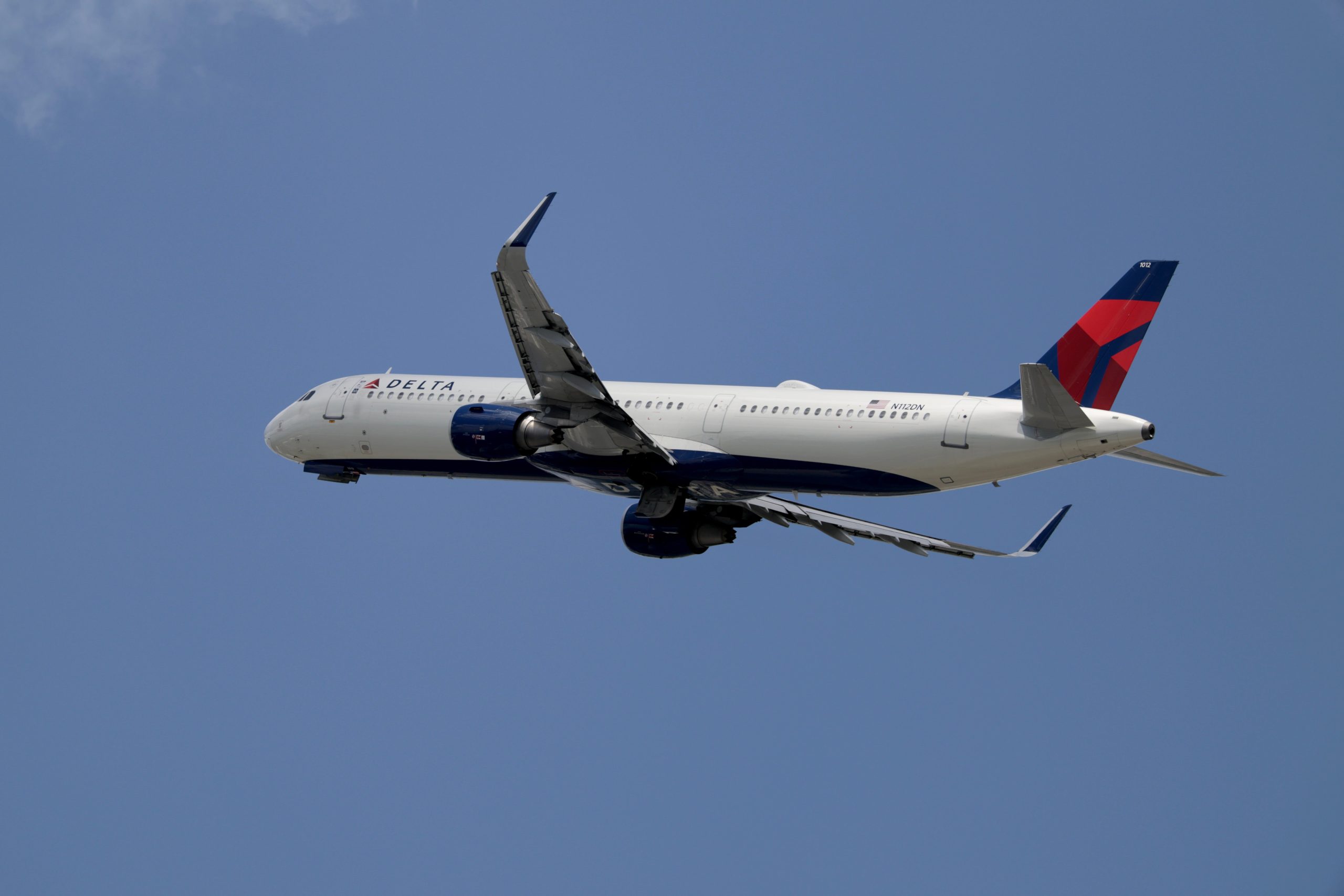Hidden Charges Panic: Personalized Pricing Spreads Wide — LIVE UPDATES
Consumers across industries are under fire: personalized pricing—where individuals see different prices for identical products—has quietly taken hold in sectors ranging from airlines and retail to finance and online gaming. Powered by AI and vast consumer data, this pricing tactic tailors rates to each buyer’s perceived willingness to pay. As of early August 2025, experts warn that without vigilant countermeasures, AI-backed price discrimination could erode fairness and transparency in markets.

Key Facts
-
BREAKING: AI-driven personalized pricing now impacts global consumers.
-
IMPACT: Bargain hunters may overpay; price-sensitive users could benefit.
-
OFFICIAL SOURCE: “Custom pricing fits each person’s ability and desire to pay.” — Pricing professor.
-
ACTION: Use privacy tools, cash, and incognito modes to avoid data profiling.
Hyperlocal Impact
-
Precise Location:
Online shoppers nationwide vulnerable in retail, travel, travel apps. -
Community Connection:
“I cleared cookies and suddenly got lower prices.”
— Boston online shopper noticing fare changes.
Exclusive Angle
-
WHY THIS MATTERS NOW:
Delta’s new AI-enabled fare system sparked backlash and political scrutiny after lawmakers warned it may exploit consumer behavior. Delta responded saying no personal data is used—only aggregated trends. This case highlights broader regulatory pressure on AI pricing fairness.
Personalized pricing represents a shift beyond traditional dynamic pricing—adjusting costs based on demand and timing—to a more granular, user-specific model. It exploits data ranging from browsing history and location to device and loyalty status. According to business professor Jay Zagorsky, this model historically mirrors bargaining norms but now leverages opaque algorithms—risking discrimination against less tech-savvy buyers.
Studies by Carnegie Mellon University and others show that even product ranking personalization can lead algorithms to inflate prices, reducing consumer welfare regardless of overt discrimination. ([turn0search9]) Regulators like the FTC and lawmakers have responded: New York now mandates disclosure when algorithmic personalized pricing is used. Legislation such as the proposed “Stop AI Price Gouging Act” aims to ban pricing based on personal data.
While some industries may offer lower prices for users with certain profiles, experts warn of broader anti-competitive effects—especially as firms using similar AI models may tacitly coordinate pricing.
Update Log
-
July 24, 2025: Vox and other outlets flag Delta’s AI pricing initiative and consumer backlash.
-
July 31: Study shows personalized ranking drives algorithmic price inflation.
-
August 1–3: Delta clarifies stance; NY adopts disclosure rule; federal bill proposed.


Comments are closed, but trackbacks and pingbacks are open.